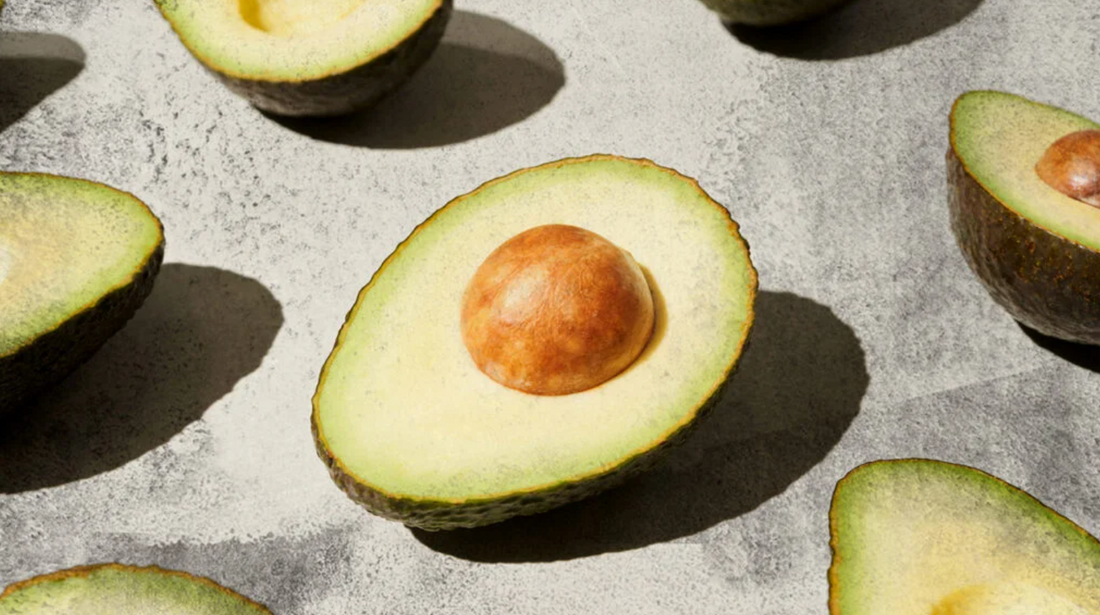
Nutritionist shares foods high in magnesium, why women need magnesium and signs you could be deficient
Today our Zing Nutritionist, Melissa Larkings, is talking to us about magnesium and why it is so important for women's health.

We are going to be looking at magnesium, why it is such an important supplement, the benefits of magnesium to women and what foods are high in magnesium
What is magnesium?
Magnesium it’s a common mineral found in the earth, sea, plants, animals and humans. Its the fourth most abundant mineral in the human body, playing a vital role in hundreds of physiological processes. Over 300 in fact!
Our bodies rely on magnesium to maintain blood pressure, normal muscle and nerve function, maintain a healthy immune system, build strong bones and so much more!
Why magnesium is critical for women
Magnesium plays many important roles in the body, including:
- Menstrual health – magnesium may assist in alleviating symptoms of PMS and reducing cramps and pain
- Pregnancy – magnesium is key to fetal development and can help reduce complications like preeclampsia
- Converting food into energy and maintaining healthy metabolism
- Regulation of the nervous system, which contributes to stabilising mood, reducing stress, and promoting better sleep. Magnesium has been linked to improved mood and may assist in anxiety and depression
- Maintaining normal muscle function, including the contraction and relaxation of muscles, which can help reduce cramps and spasms
- Cardiovascular health by regulating blood pressure and preventing heart disease. Did you know that woman may have a different ‘normal’ blood pressure range than has been previously thought? This sex difference in blood pressure comes down to the differences in physiology.
- Bone health – to assist in supporting bone density and preventing osteoporosis
How much magnesium do you need?
The daily recommended intake of magnesium is:
- Women: 310-320 mg/day
- Men: 400-420 mg/day
Signs you might be low in magnesium include:
Due to the varied roles of magnesium, symptoms of deficiency are wide ranging but may include:
- Cramps and spasms, including restless legs
- Headaches and migraines
- Fatigue
- Numbness and tingling as magnesium effects nerve functioning
- Anxiety, depression, irritability
- Bone density issues
- Poor sleep and insomnia

Foods high in magnesium
The body does not produce magnesium and therefore must gain it through food consumption, but unfortunately many of us are deficient when it comes to magnesium.
However, this mineral is abundant in nature and can be easily added to your daily routine without too much effort.
Magnesium Through Food…
Optimising your diet is a great place to start.
- Leafy greens – spinach, kale, chard
- Nuts and seeds – almonds, cashews, flaxseed, pumpkin seed
- Cacao powder – thought to be among the highest magnesium-rich food in the world
- Super seeds – chia seeds and hemp seeds
- Whole grains – brown rice, quinoa
- Fatty fish – salmon and mackerel
- Avocado
- Tofu
- Bananas
- Yoghurt

And we have LOTS of magnesium rich recipes in our Zing Wellbeing meal plans, recipes and programs.
Supplements…
A high-quality supplement is a common way to top up daily magnesium levels.
Bath…
Adding in Magnesium Flakes or Epsom Salts allows to you trans-dermally absorb magnesium through the skin and may help you feel relaxed, both mentally and physically.
Topically…
A topical spray is a quick and convenient way to boost your intake. Apply directly to areas of pain or just before bed to promote sleep.


